The team successfully deployed a tracking tag on a blue shark (Prionace glauca), a large pelagic species—marking a key step toward improving our understanding of shark movements in the Adriatic Sea.
The mission followed a selective tagging protocol: only sharks over one metre were fitted with pop-up satellite archival tags to ensure proper attachment and reliable long-distance data transmission. This approach, still rarely applied in the Mediterranean, enables long-term tracking of highly mobile species. The tagged blue shark was released safely, and its movements will soon begin to transmit, offering valuable insight into its spatial ecology.
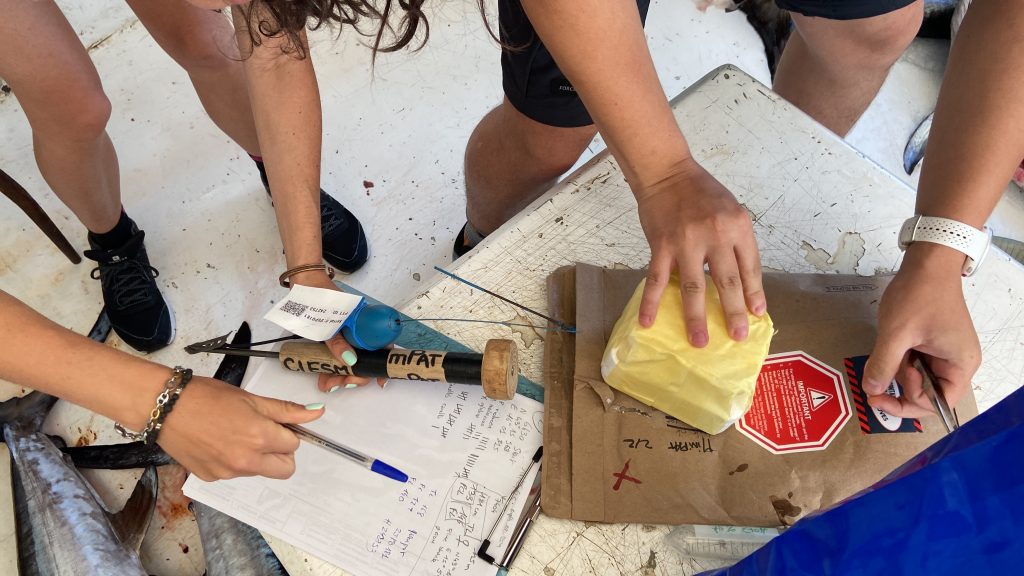
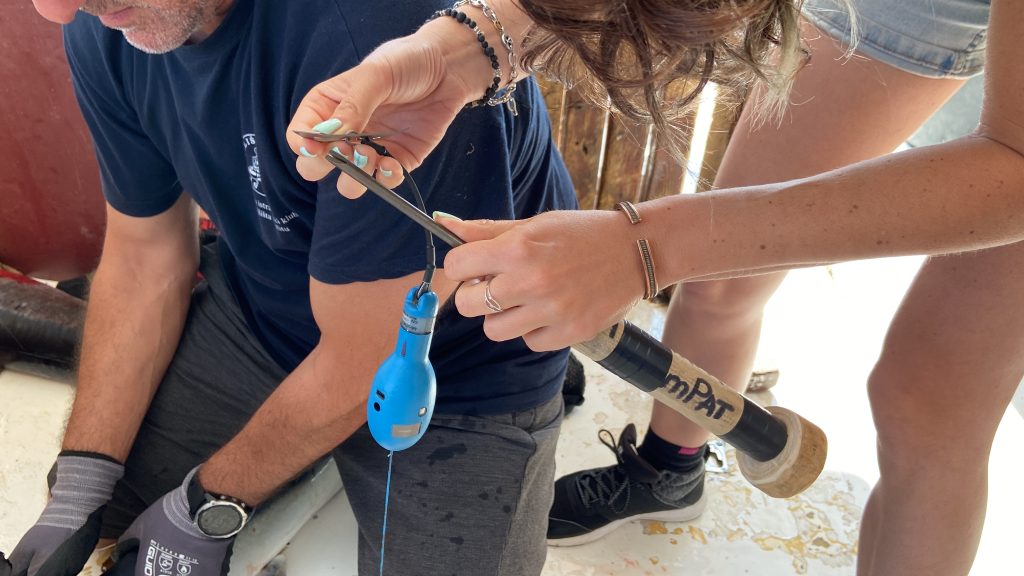
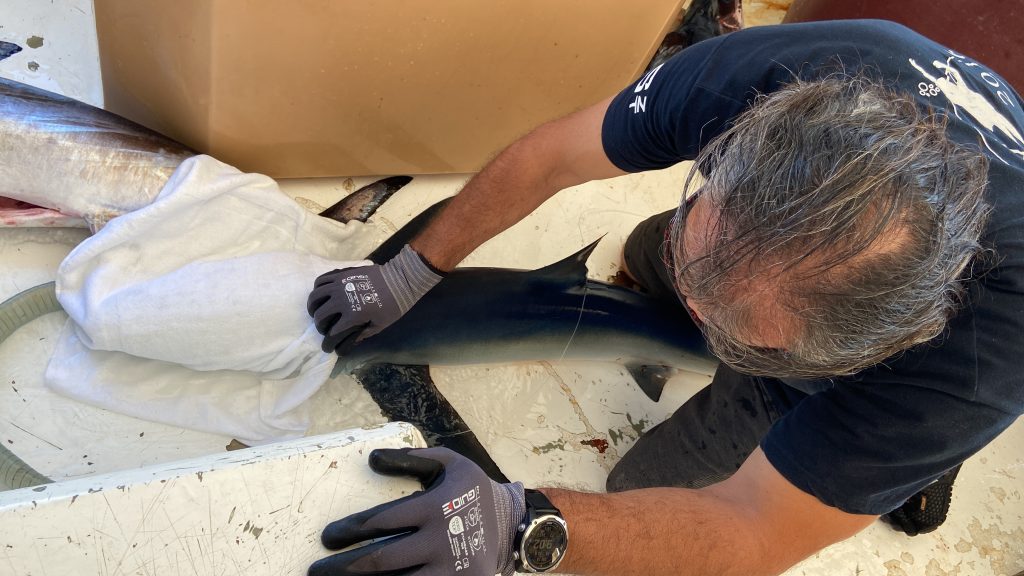
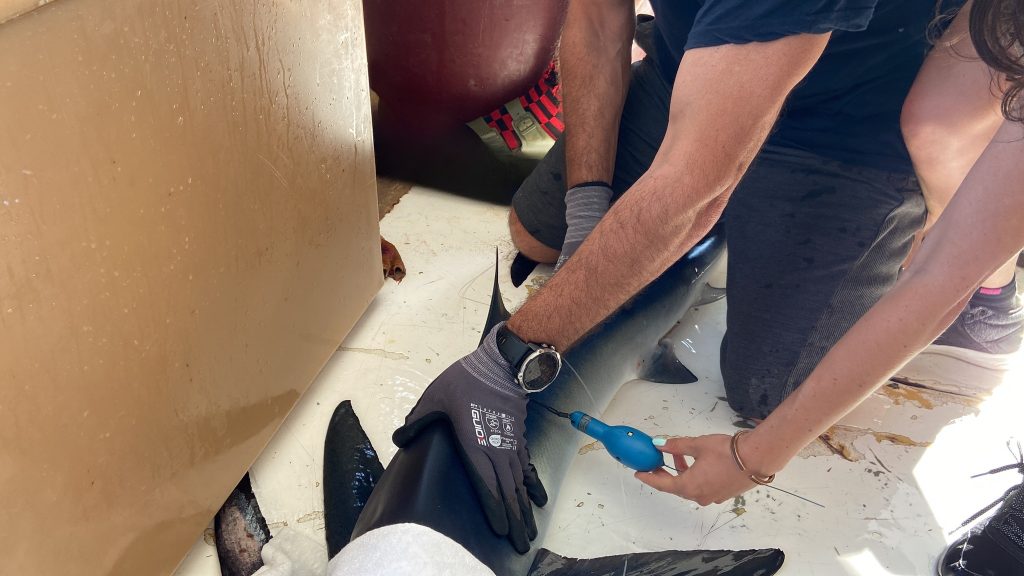
In addition to this success, the team observed and documented several other marine species during field operations, including pelagic stingrays, loggerhead turtles, blackspotted smooth-hounds, common smooth-hounds, and nursehounds—each safely released after examination.
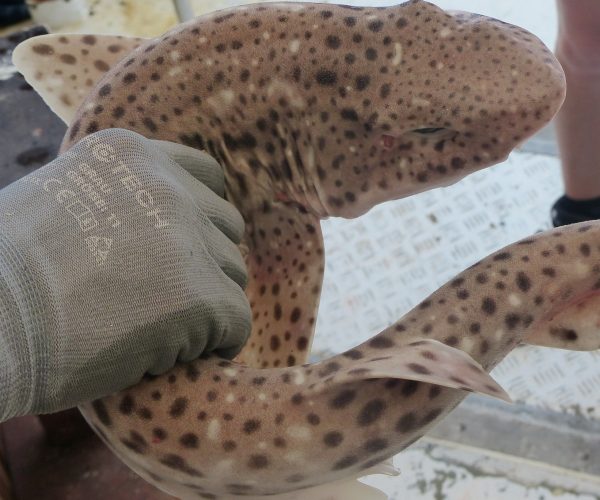
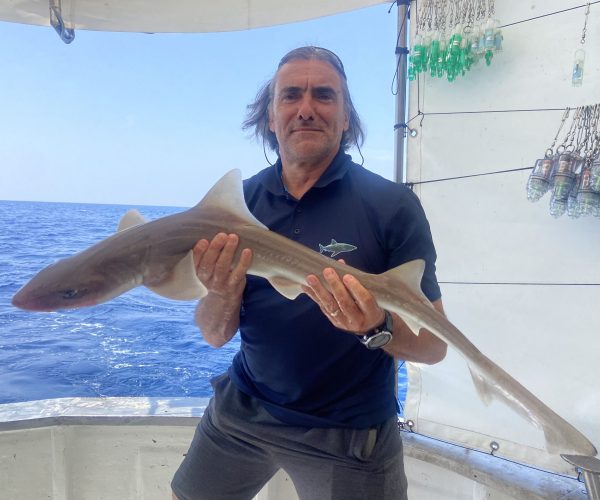
This mission was made possible through the close collaboration with local fishers, who offered support aboard their vessels, and the logistical coordination led by Prof. Alen Soldo of the University of Split.
The incoming data will help fill critical knowledge gaps about endangered large pelagic sharks. With up to 100 million sharks killed annually and widespread population decline in the Mediterranean, this initiative represents a vital contribution to regional conservation efforts.
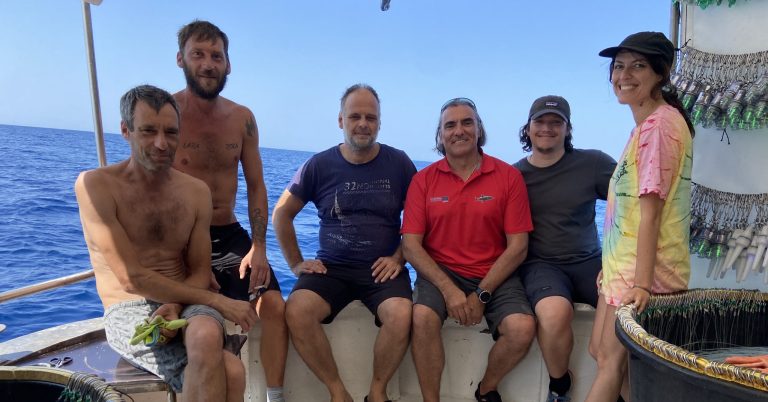
🦈
Sharks are key to the health of our oceans and climate. They have roamed the oceans for over 400 million years—long before the age of dinosaurs. As top predators, they regulate food webs, maintain biodiversity, and sustain marine ecosystem balance.
Protecting them means protecting the resilience and future of our seas.